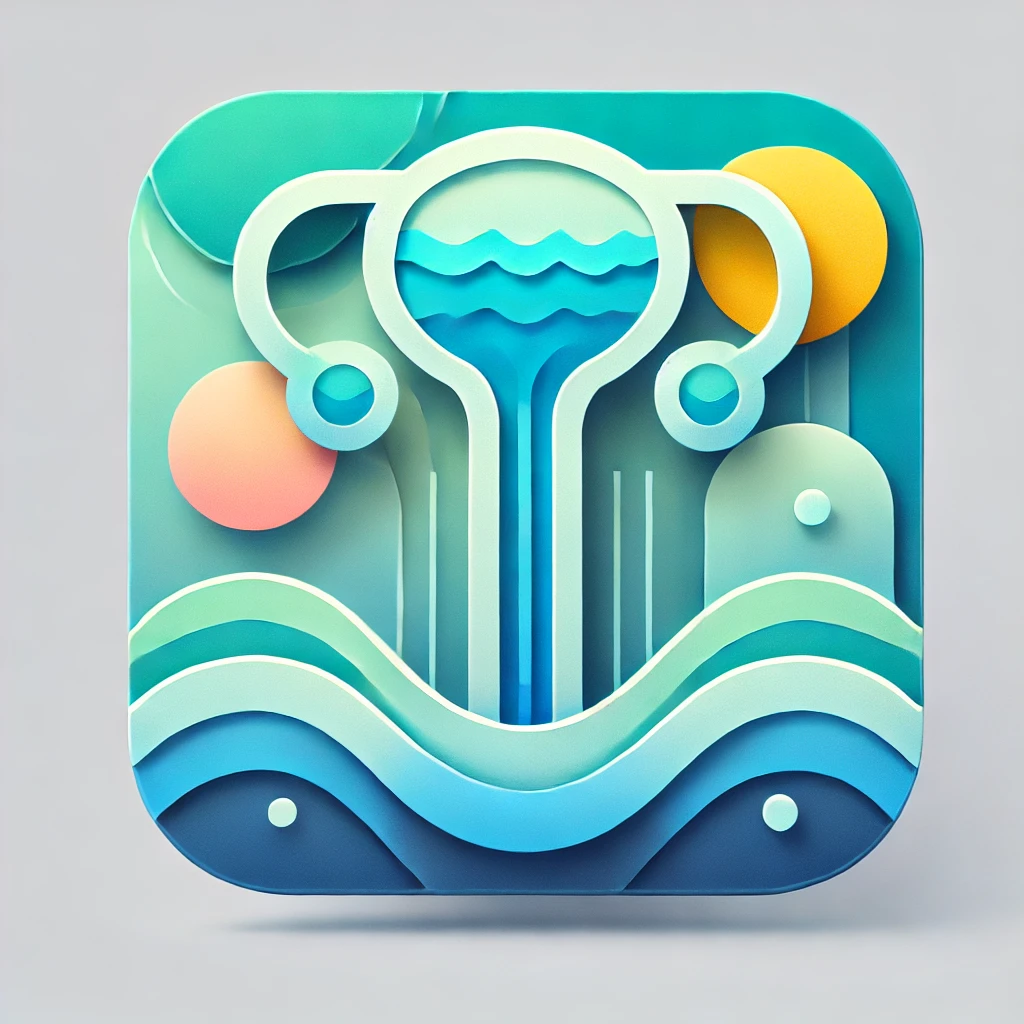Many individuals believe that drinking less water can help manage urinary incontinence. This misconception often stems from the idea that consuming less fluid will reduce the frequency of urination and minimize accidental leaks. However, this approach can do more harm than good and may worsen the symptoms of incontinence.
In this blog, we will debunk this myth, explore the science behind hydration and bladder health, and provide tips for managing incontinence effectively.
Understanding Urinary Incontinence
Urinary incontinence is the involuntary leakage of urine, which can occur due to various reasons, such as weak pelvic floor muscles, overactive bladder, or certain medical conditions. Types of incontinence include:
- Stress Incontinence: Leakage during activities like coughing, sneezing, or exercising.
- Urge Incontinence: A sudden, intense urge to urinate followed by leakage.
- Overflow Incontinence: Dribbling due to an overfilled bladder.
- Mixed Incontinence: A combination of stress and urge incontinence.
The Role of Hydration in Bladder Health
The body needs adequate water to maintain proper hydration and overall health. Restricting fluid intake can lead to concentrated urine, which may:
- Irritate the Bladder: Highly concentrated urine contains more waste products and can irritate the bladder lining, causing discomfort and an increased urge to urinate.
- Increase Risk of UTIs: Drinking less water can result in less frequent urination, allowing bacteria to thrive in the urinary tract and potentially causing infections.
- Dehydrate the Body: Dehydration affects muscle function, including the bladder muscles, which may exacerbate incontinence symptoms.
Why Drinking Less Water Doesn’t Help
While it may seem logical to drink less water to reduce trips to the bathroom, the reality is that your bladder still needs a healthy volume of urine to function properly. Insufficient fluid intake can lead to:
- Stronger Urges: The bladder can become hypersensitive to concentrated urine, leading to more frequent and intense urges to urinate.
- Reduced Bladder Capacity: Chronically low fluid intake may cause the bladder to adapt by holding less urine, making it more prone to leaks.
Tips for Managing Incontinence
Instead of reducing water intake, consider these practical strategies to manage incontinence:
- Maintain Adequate Hydration
Drink enough water to keep your urine pale yellow. Avoid overhydration, but ensure you’re drinking enough throughout the day. - Limit Bladder Irritants
Reduce consumption of caffeine, alcohol, and acidic or spicy foods, as they can irritate the bladder. - Schedule Bathroom Breaks
Establish a routine to empty your bladder every 2–4 hours, even if you don’t feel the urge. - Strengthen Pelvic Floor Muscles
Practice Kegel exercises to improve bladder control and reduce leakage. - Consult a Healthcare Professional
Seek advice from a doctor or urologist for personalized management plans, which may include behavioral therapies, medications, or other interventions.
Conclusion
Drinking less water is not the solution to managing urinary incontinence. Proper hydration is essential for bladder health and overall well-being. Instead of restricting fluids, focus on adopting healthier habits and seeking medical guidance. With the right approach, you can effectively manage incontinence without compromising your hydration levels.
Remember, addressing myths and understanding the science behind health issues empowers us to make informed decisions for a better quality of life.

